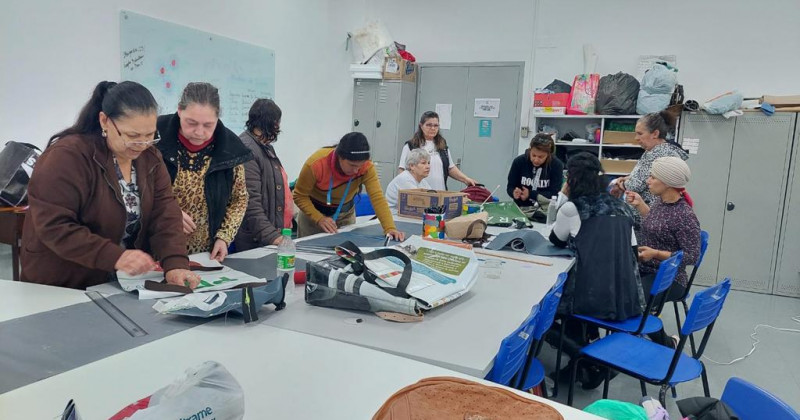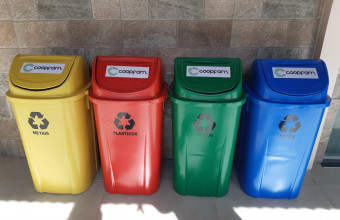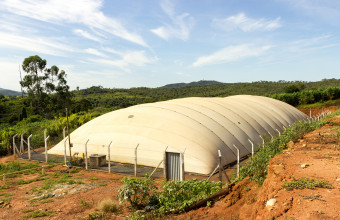Circular economy is one of the major trends for building more sustainable communities while generating employment and income. This is the motivation behind the initiative ‘Batalhão do Bem’ (translated as ‘Battalion for Good’ in English), led by the credit union Unicred Ponto Capital, which operates in the South and Northeast of Brazil.
With the support of Unicred Institute, Unicred Ponto Capital conceived a project focused on reusing textile waste from uniforms and clothing discarded by military units in the Santa Maria region, in the state of Rio Grande do Sul. The action began in March 2023.
The project acknowledges the importance of maximizing the value of existing resources and minimizing waste. The lifecycle of military uniforms is extended through various well-defined stages.
“The project’s goals are based on promoting the circular economy, training and professionalizing artisans, donating pieces in good condition to recyclers, and positively impacting the community, in line with cooperative principles,” explains Wellinton Henrique Azambuja Martins, Executive Governance Advisor at Unicred Ponto Capital.
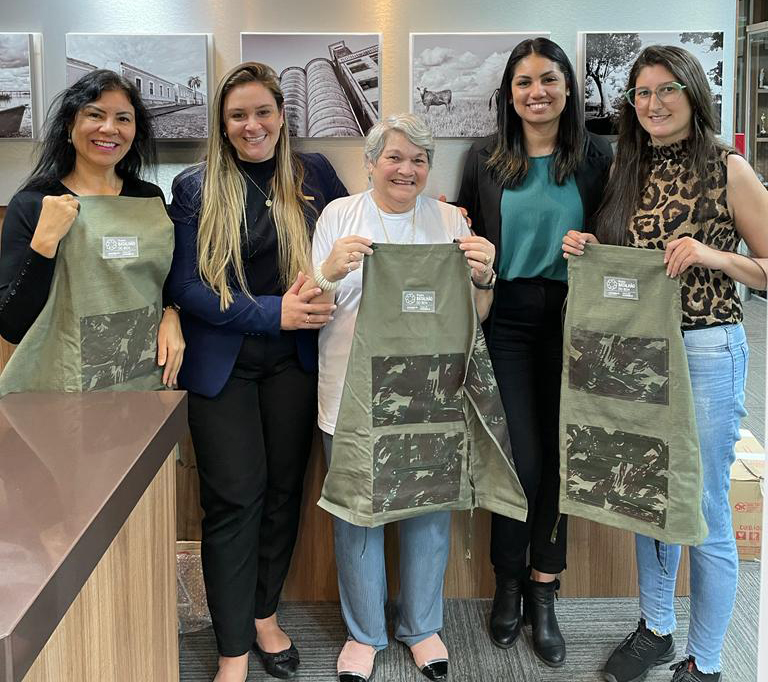
Circular Operation
The material donated by the military undergoes a thorough analysis where the quality and feasibility of reuse are assessed. The selection of pieces that can be reused and those that are no longer in good conditions follows the principle of efficient resource use.
“The project consists in reusing textile waste that previously would have been incinerated or improperly discarded, thus harming the environment,” Martins explains. Pieces of clothing in good condition undergo a revitalization and dyeing process. They are then donated to the community.
On the other hand, garments that cannot be reused have a different fate, Martins adds. “They become raw material for customization and transformation into products that can be sold by the students of the courses offered by the project, serving as a supplement to their income and providing a more sustainable destination for what would otherwise have been thrown away.”
In total, more than 2,000 pieces of clothing and 600 pairs of shoes were donated to NGOs and recycling institutions, as well as other organizations that collect winter clothing. Additionally, 500 pieces underwent a process of reconfiguration and reuse.
For the environment, the ‘Batalhão do Bem’ contributes to reducing water, energy, pesticides, and chemical consumption in the textile sector. Furthermore, the initiative also helps decrease greenhouse gas emissions by reducing the need to produce new pieces.
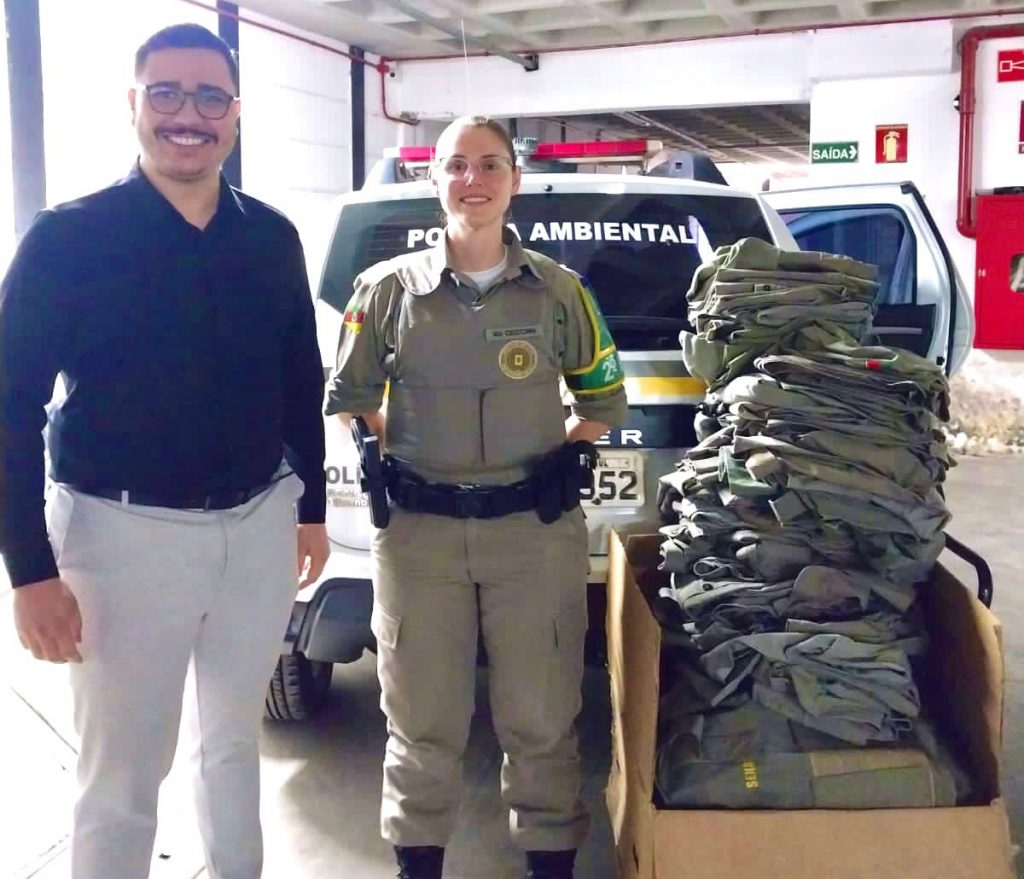
Partnerships for Education
‘Batalhão do Bem’ also provides opportunities for education and income generation for the local community. Through partnerships with various public institutions, commercial enterprises, and other cooperatives, the project has an educational component.
This way, ‘Batalhão do Bem’ offers courses in Customization (40 hours), Entrepreneurship for Small Businesses (40 hours), and Professional Recycler (120 hours). Investments from the Sescoop/RS Social Fund, dedicated to supporting ESG projects that contribute to the Sustainable Development Goals (SDGs), allowed the initiative to offer courses in which over 80% of the participants were women.
“A significant challenge was engaging the project’s female students and ensuring their attendance for course completion. To address this, in partnership with the Municipal Government of Santa Maria, the project provided transportation for the students to and from the classrooms, as well as meals offered since the beginning of the project,” says Martins.
The positive impacts extend to both the local community and the environment on a large scale, bringing tangible economic and environmental benefits for everyone, Martins points out, outlining the upcoming plans for the ‘Batalhão do Bem’:
“For the future, the project aims to receive more surplus fabrics, now from various other partners who wish to give a more sustainable destination to their textile waste. Additionally, educational initiatives will focus on cutting and sewing, both basic and haute couture, and machine maintenance, with the aim to further professionalize the students. In the long term, the ‘Batalhão do Bem’ is considering forming a cooperative or association dedicated to this purpose.”


